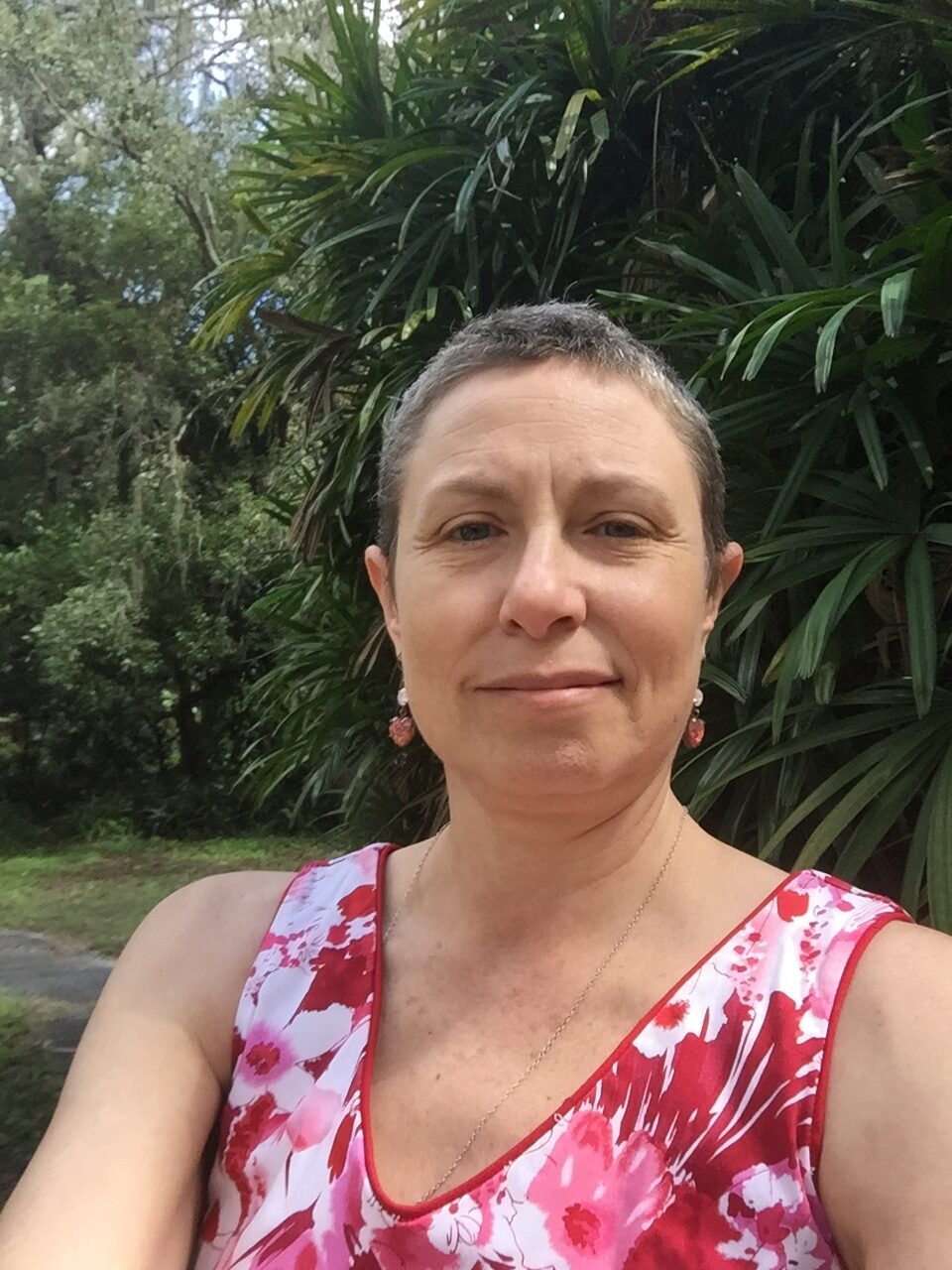Chapter 2 Mediating Minds: Disability Studies and the Rhetoric of Mental Health
Drew Holladay and Margaret Price
What is the most important takeaway from your chapter?
Disability is not an accessory to rhetorical studies of health and medicine but an essential dimension of analysis: disability is always present in conversations about health and the body. In most public discourse, the concept of disability is only acknowledged indirectly through what we think of as “normal”; when disability is acknowledged, its role is to symbolize undesirability or deviance in contrast to the ideal figure of health. Rhetorical scholars can benefit from centering disability, and the work of disability activists, in order to demystify common-sense notions of health and offer more inclusive models of embodiment and behavior.
If you were making discussion questions for students (advanced undergraduates or early graduate students) to go along with your chapter, what would they be?
Where do you encounter references to mental health or “the brain” in public discourse? What rhetorical function do these references serve? (e.g., Words like “crazy” or “insane” are used in politics to discredit opponents.) What people or groups tend to be frequent targets of these references?
Think of an influential representation of mental health or mental disability in fiction or film. How might you use the social model of disability, normality, and ableism to understand the characters portrayed and the narrative offered?
 What questions do you feel your chapter leaves un-examined or where would you go with it next?
What questions do you feel your chapter leaves un-examined or where would you go with it next?
The examples we give in the latter half of the chapter are sketches of possible research that are open for inquiry, so examining these issues and tensions in detail would be a natural next step. It’s relatively easy to point out the distortions and contradictory logics inherent in the public consumption of brain scans but much more difficult to trace the various interconnected discourses that make a brain scan rhetorically useful in a particular situation. Furthermore, our chapter only briefly mentions efforts by neurodivergent activists to draw attention to alternative conceptions of mental health. The importance of this activism, and its connection with productive debate within disability advocacy communities, cannot be overstated for RHM. Even in the time between the drafting and completion of this chapter, public discussion of mental health has increased exponentially—and not always in ethical directions. Rhetoricians interested in health and medicine, and social movements more generally, need to document and theorize the responses of disability activists to this growing attention toward (and possible co-option of) concepts like neurodiversity.
Is there anything that you want those new to the field to know about RHM?
First, RHM has an exceptionally collegial and encouraging scholarly community. You will find that RHM scholars are committed to fostering the work of grad students and early-career academics who might find fewer opportunities for guidance and mentorship in other specializations. Also, RHM is amenable to a wide variety of approaches, including scholars who want to include personal experience as part of their work and activist-scholars who connect academic inquiry with collective action. Reach out to the community at conferences and on social media, and you will find people sincerely interested in helping you develop a unique and fulfilling path for your academic work.

